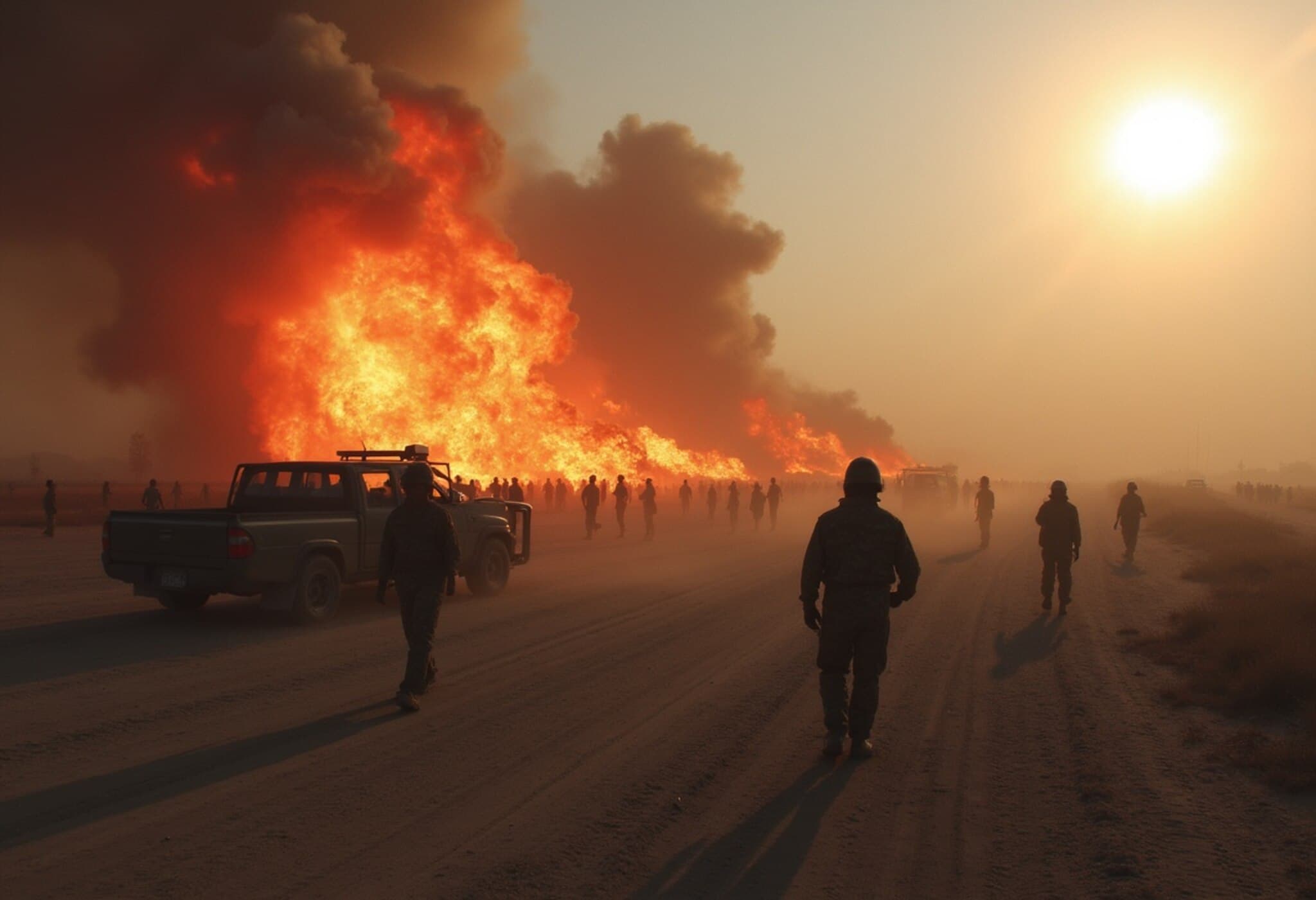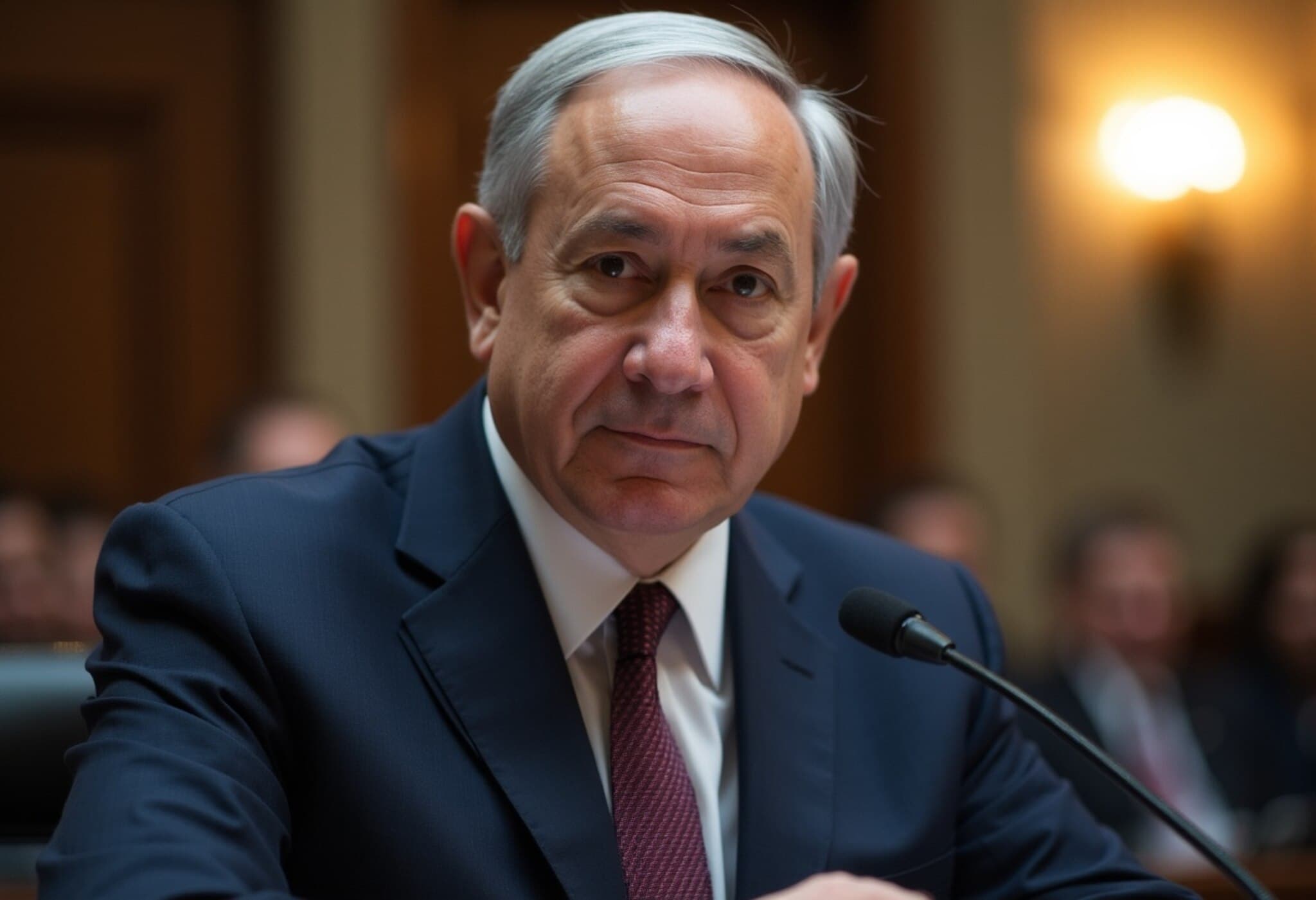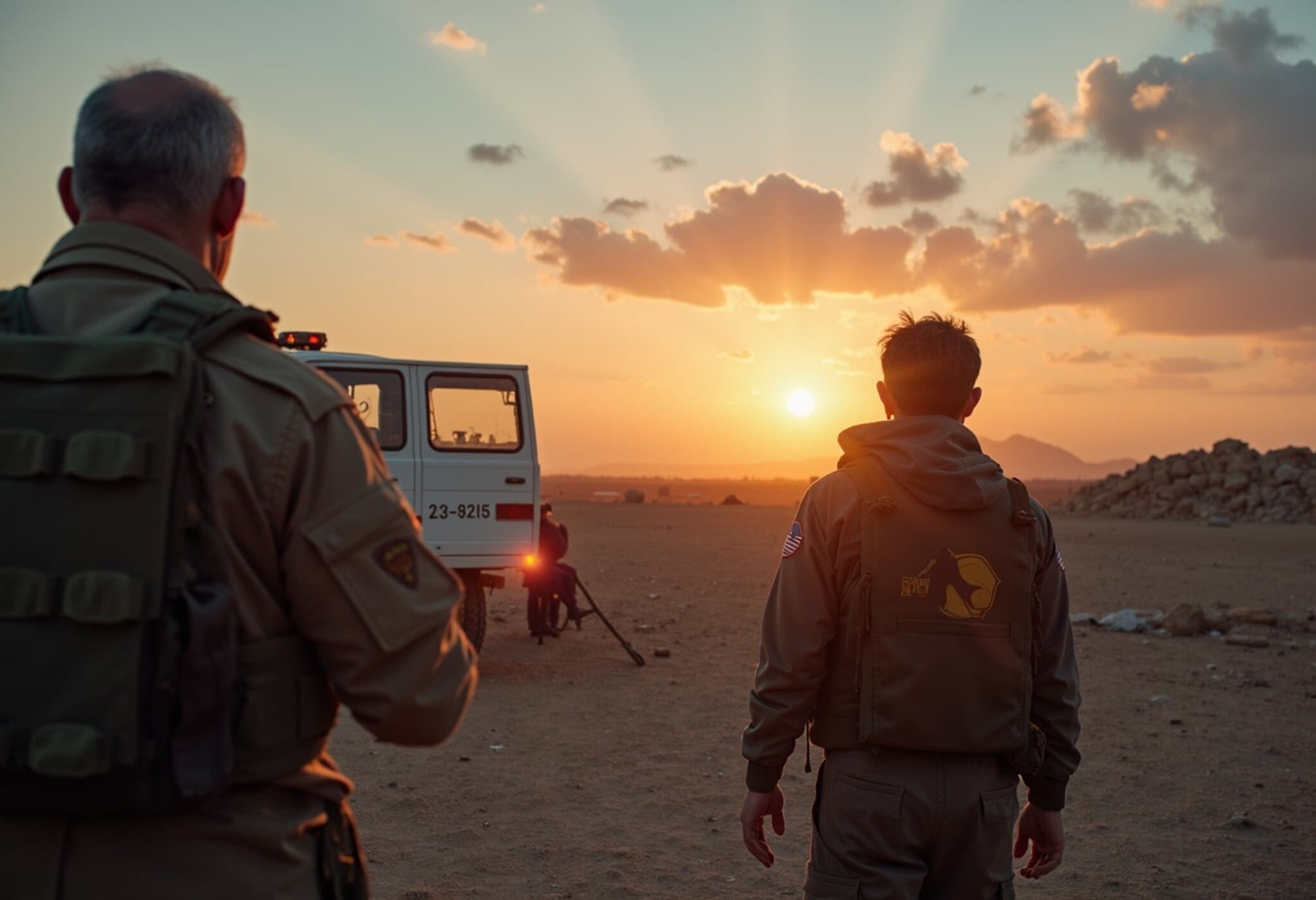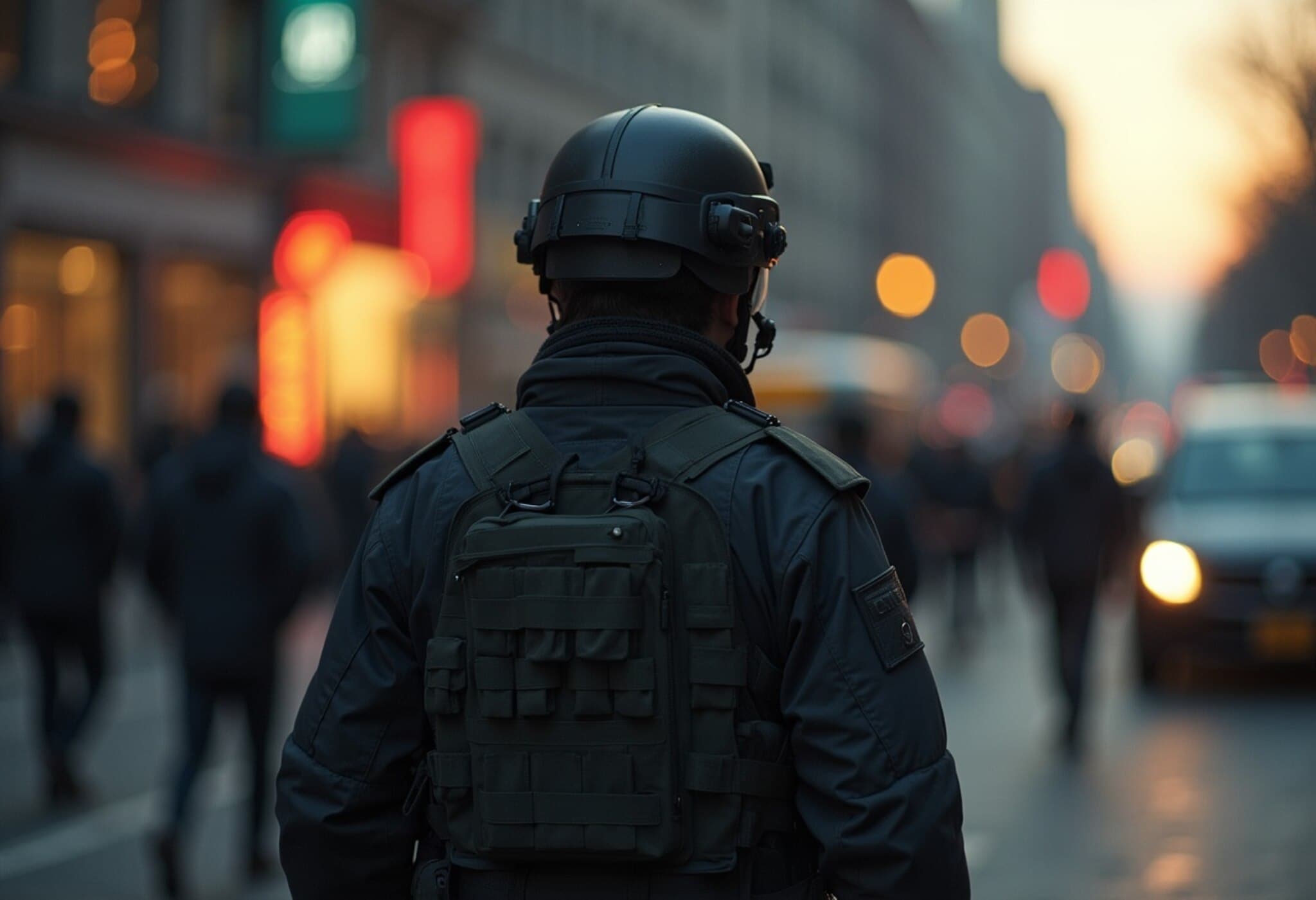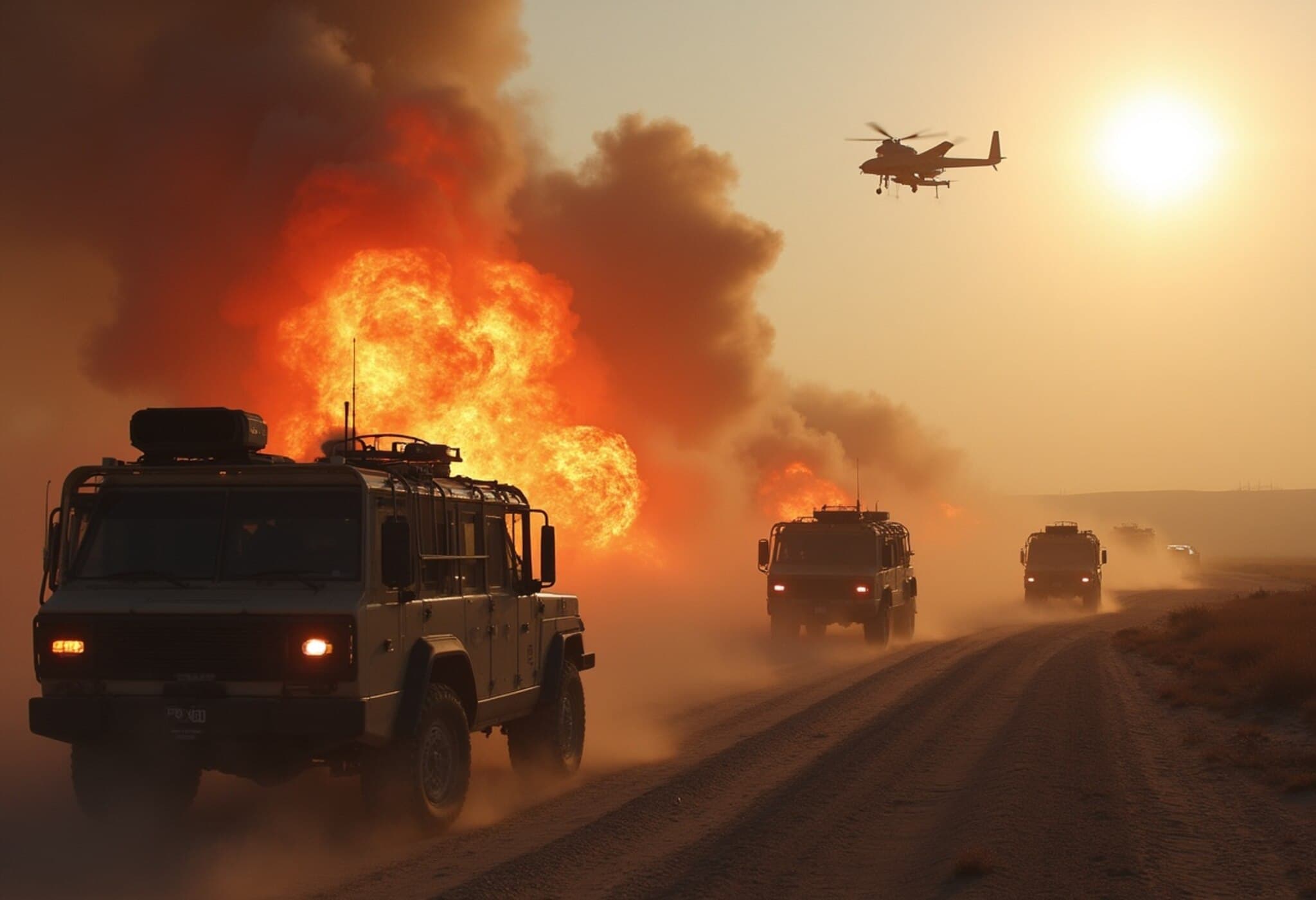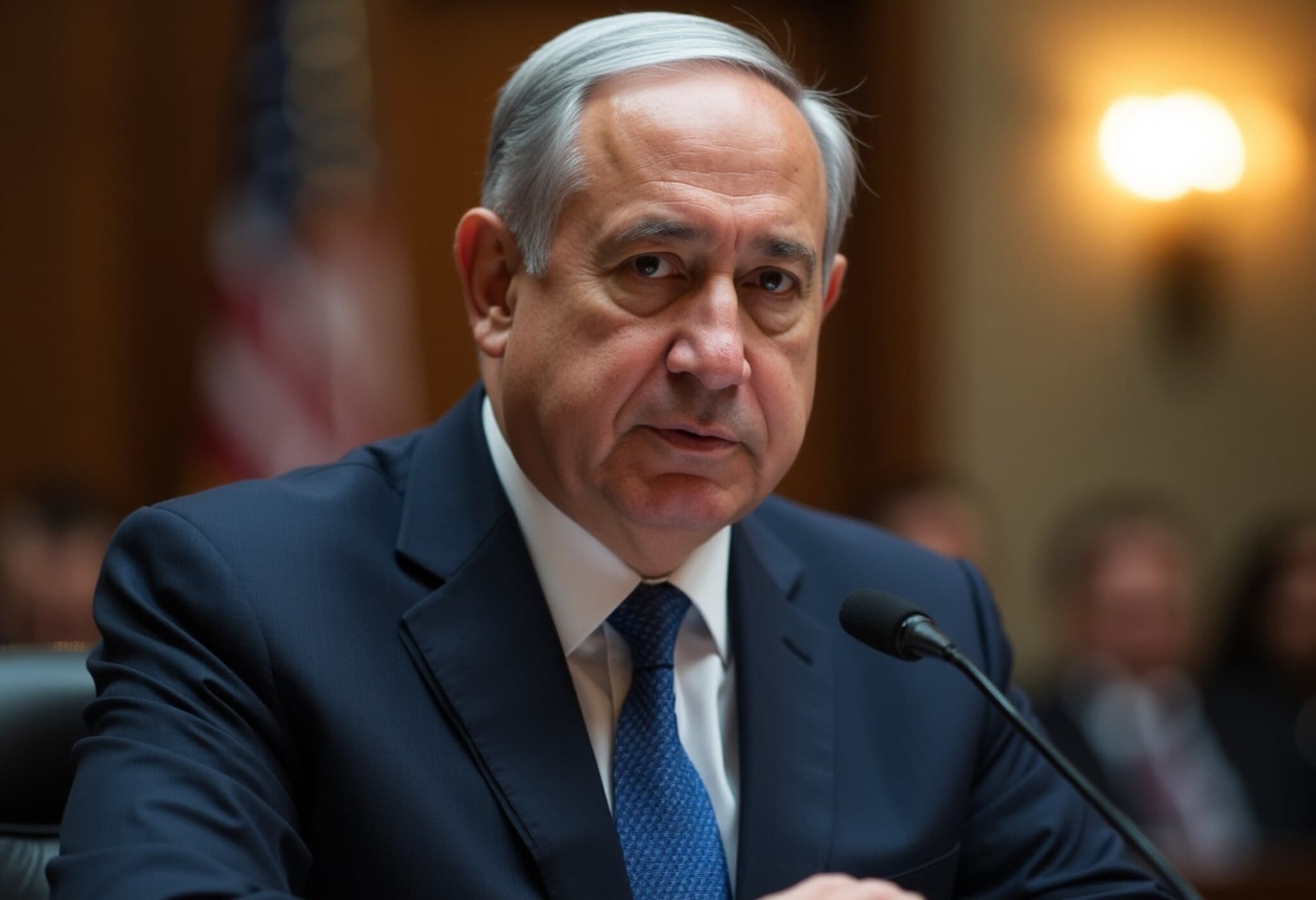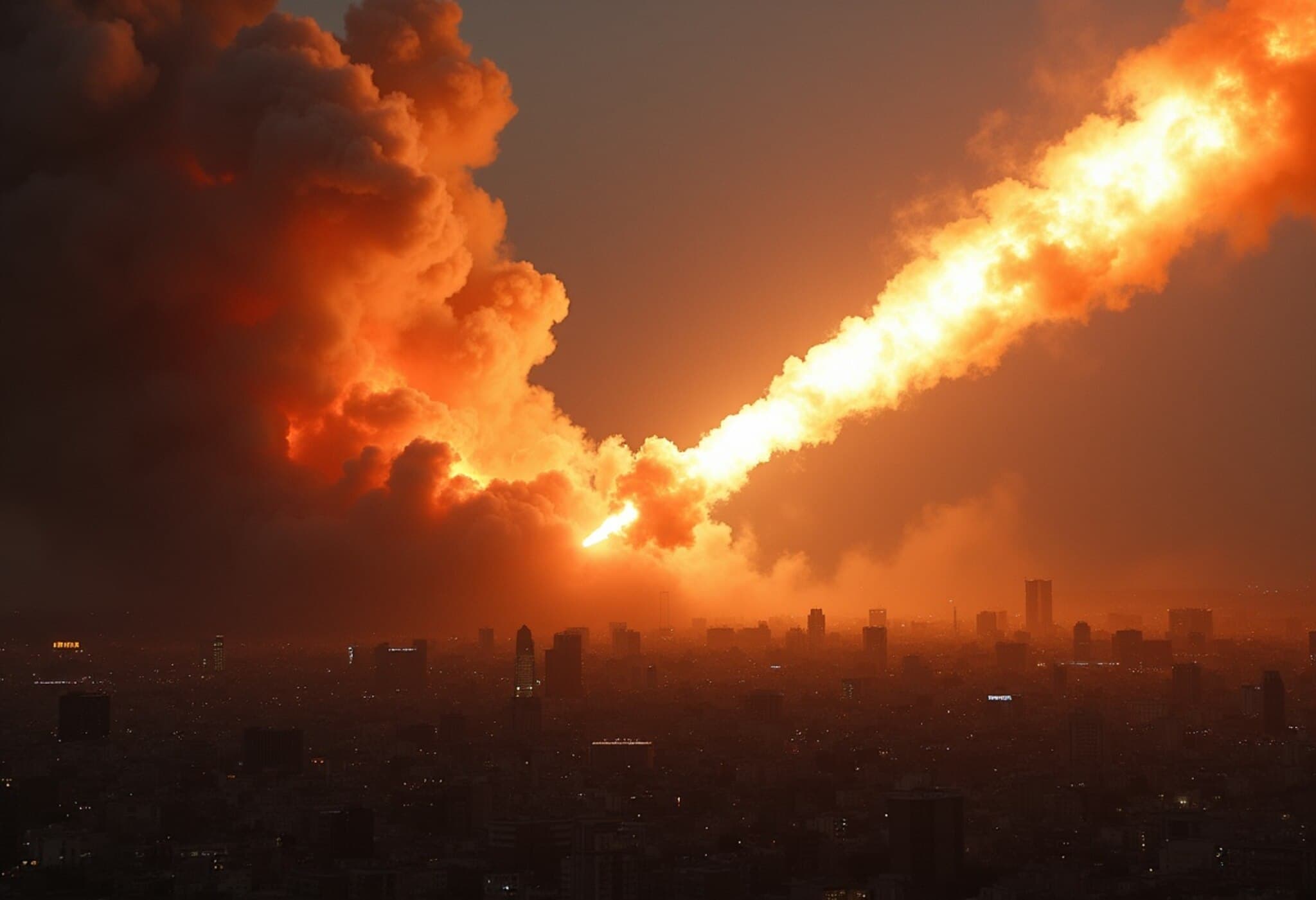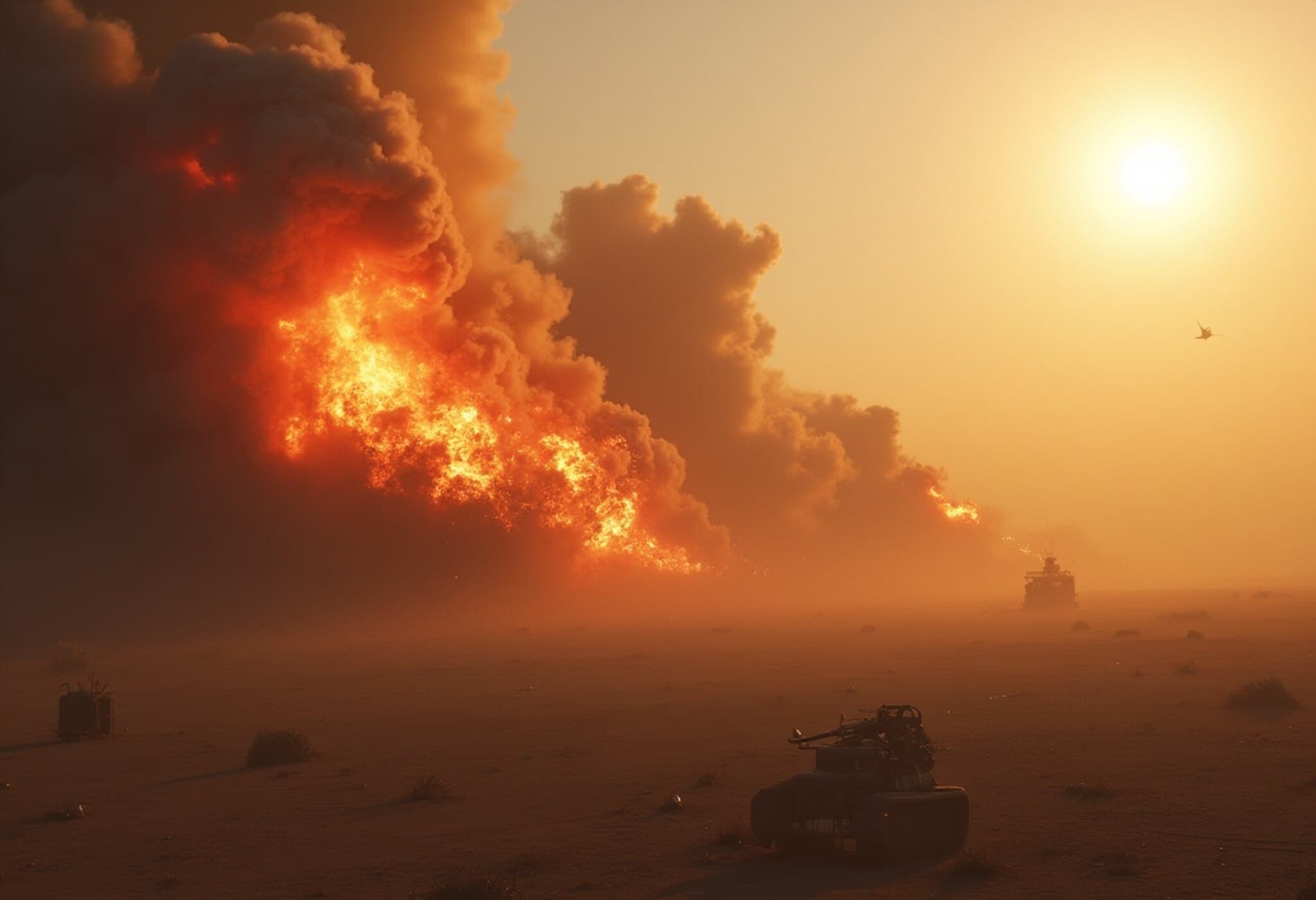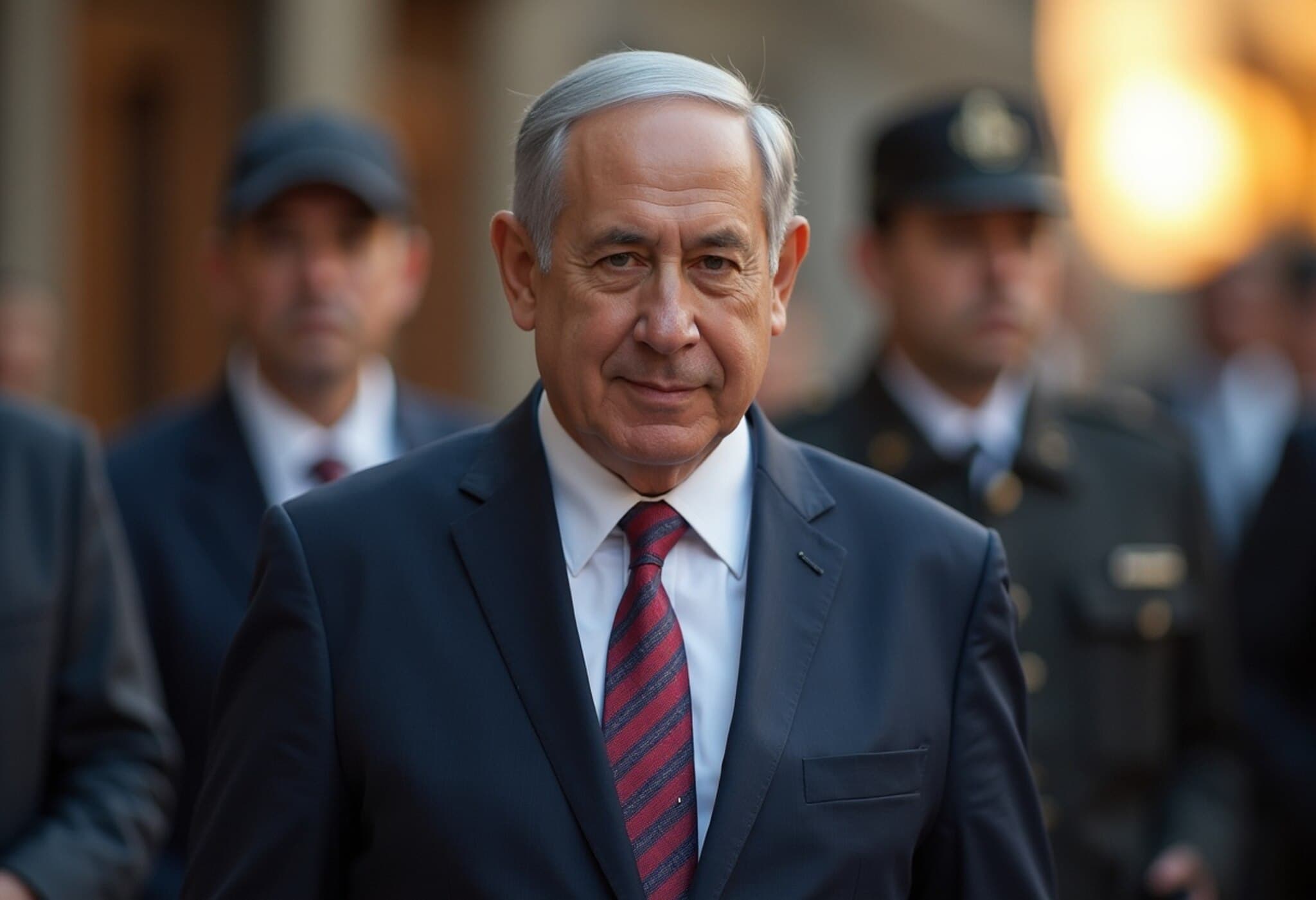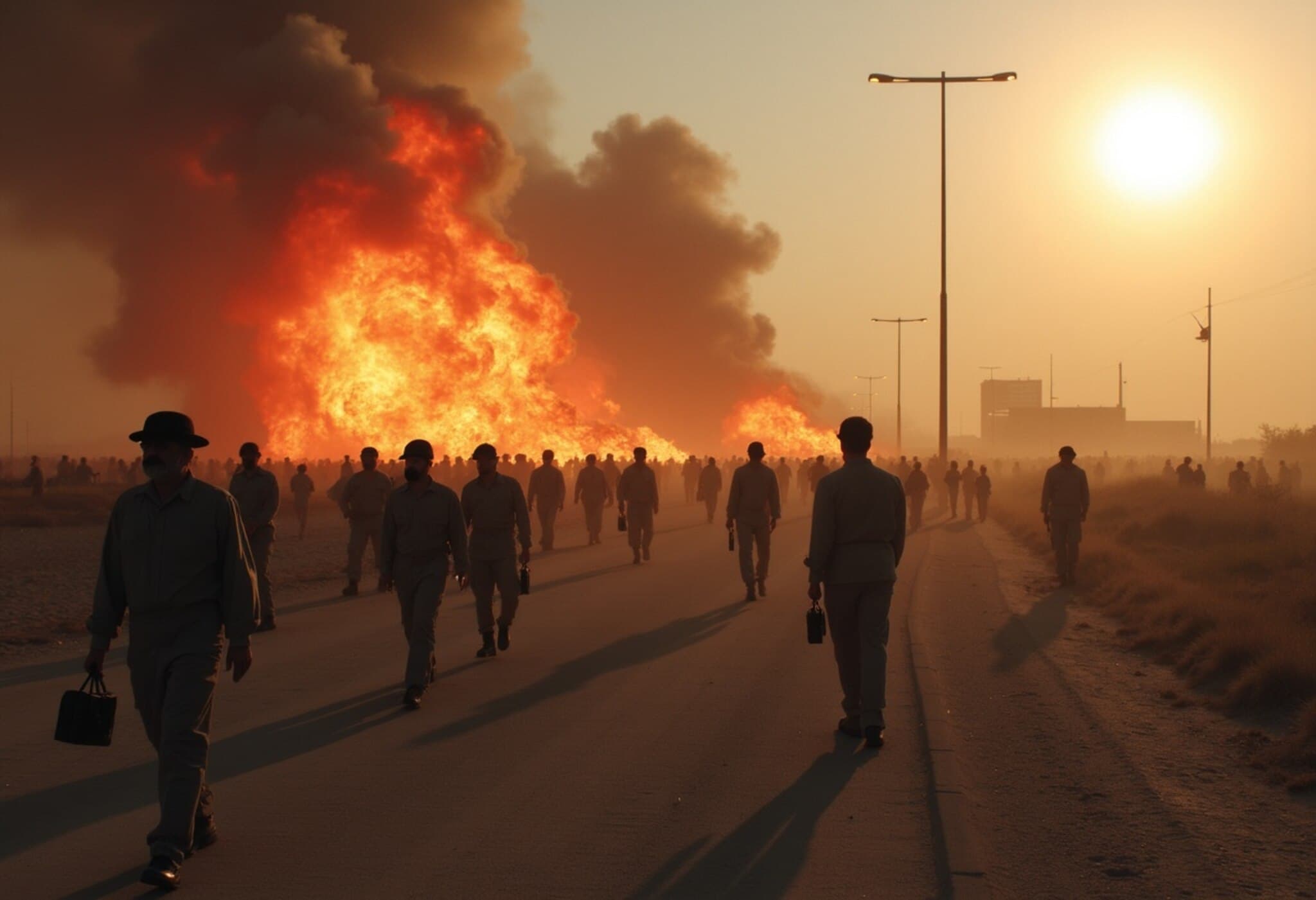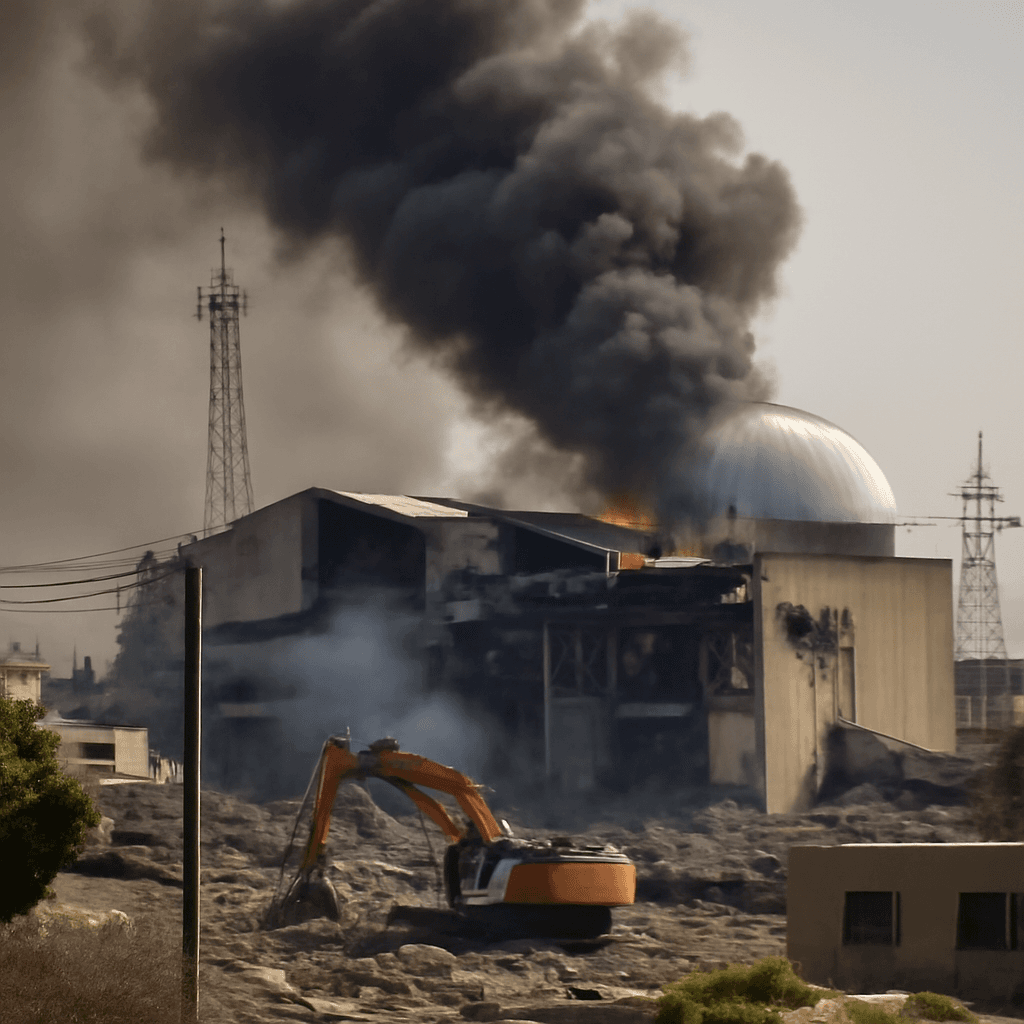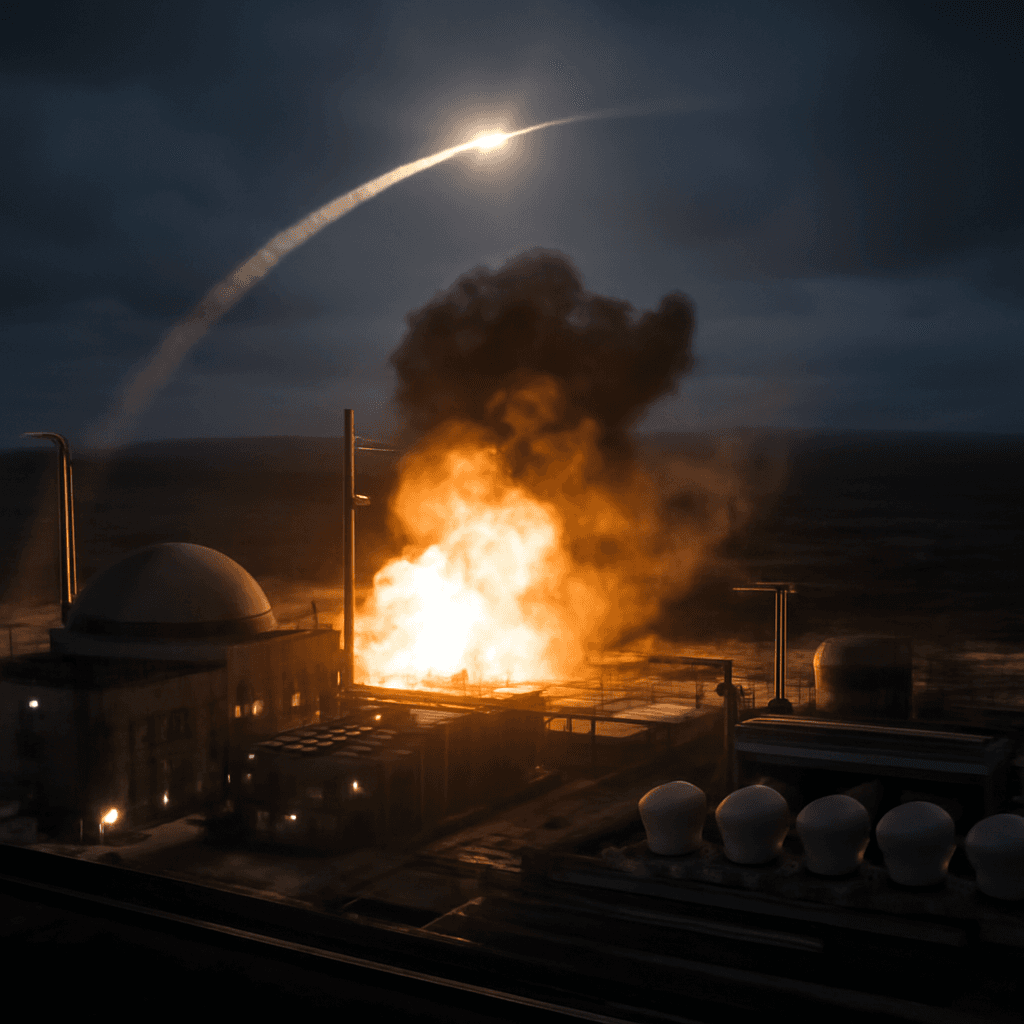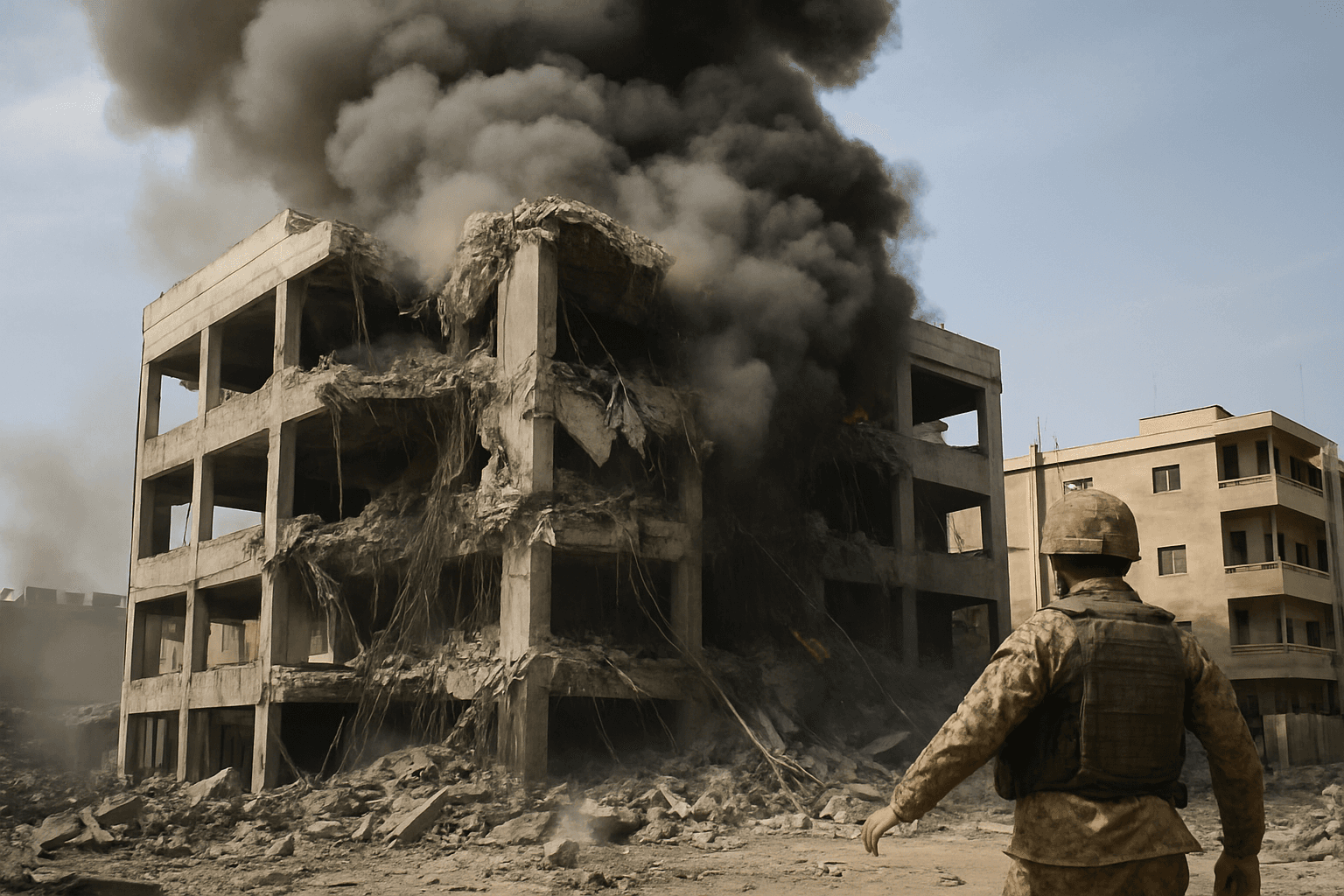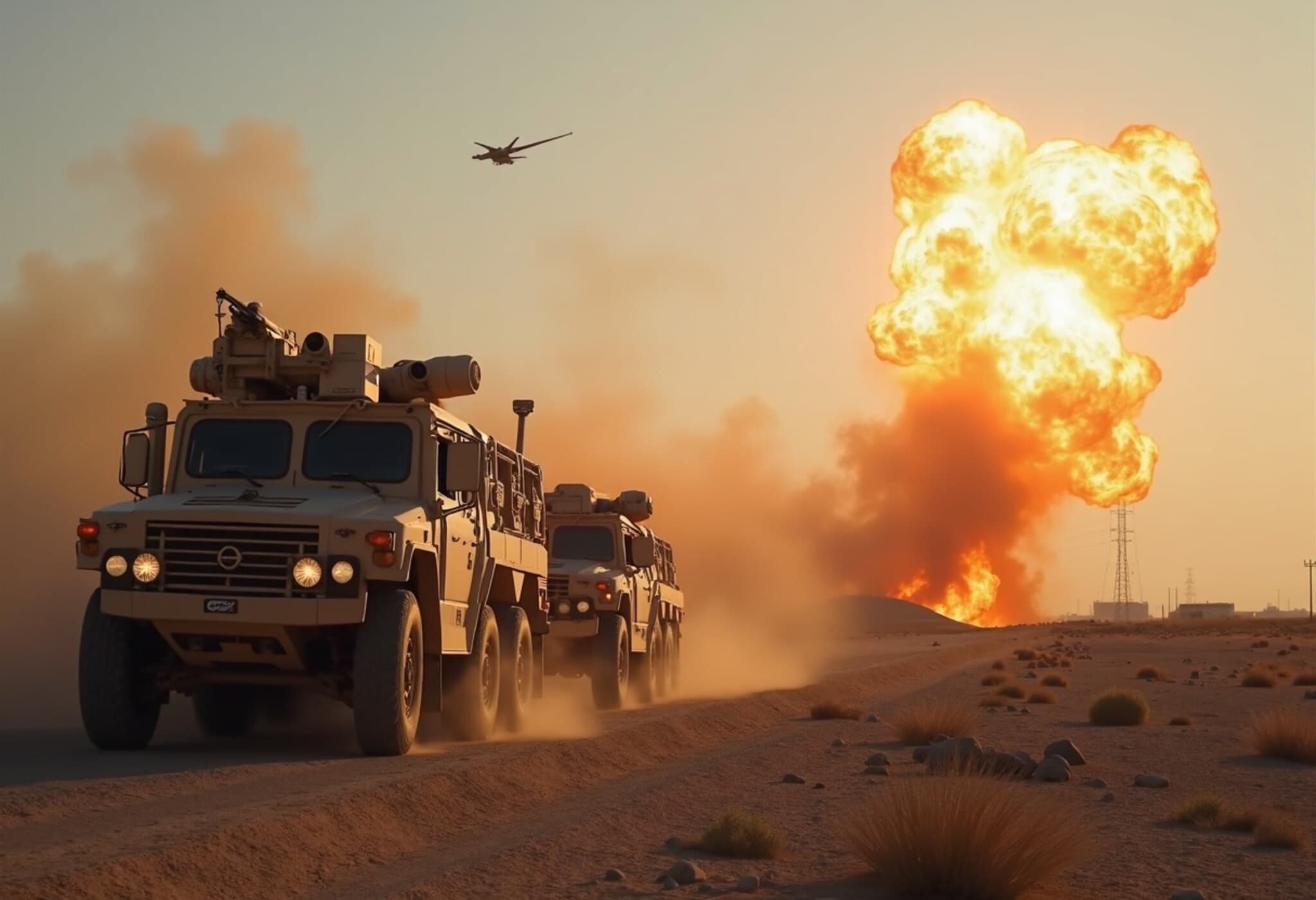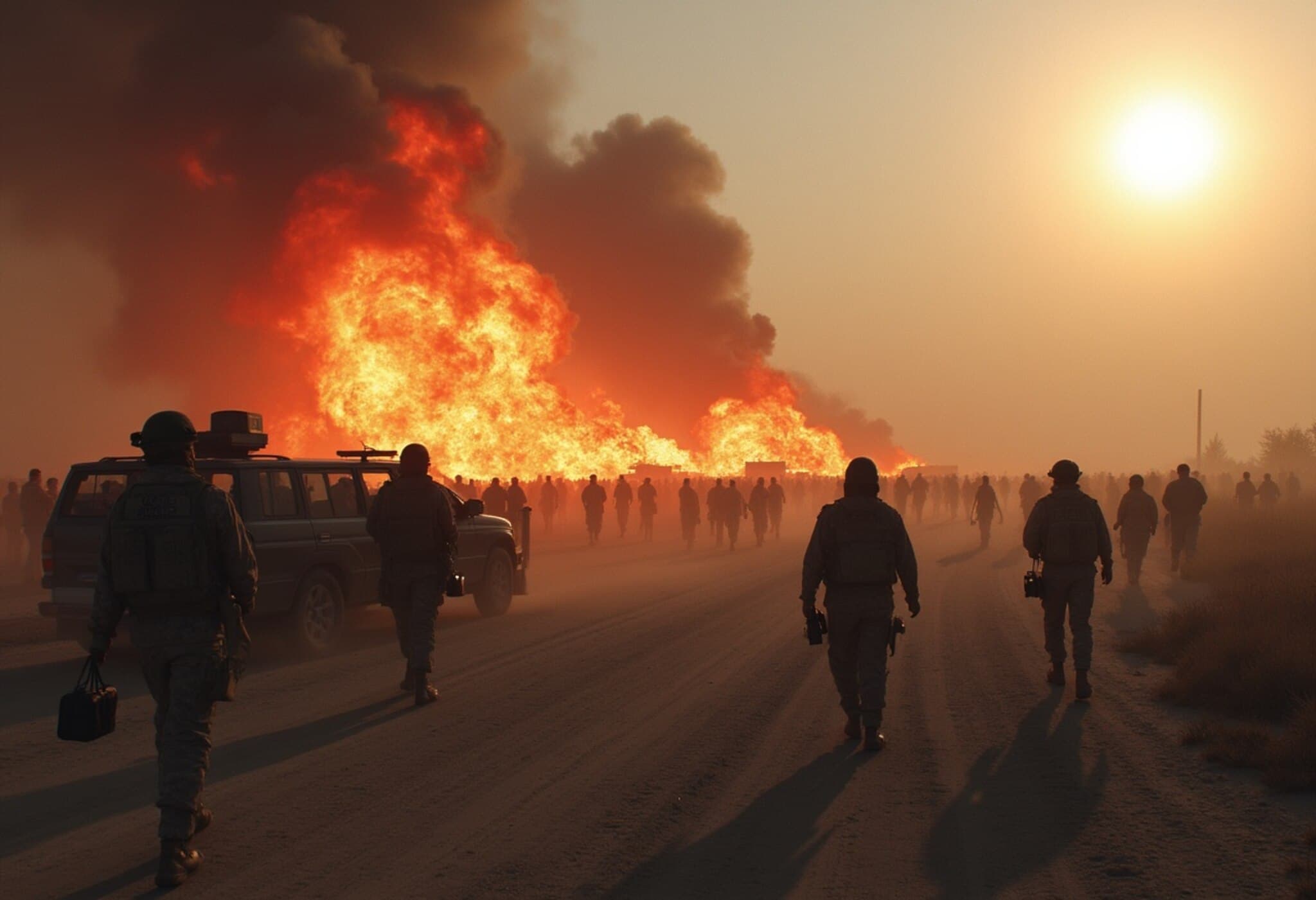Israel Launches Major Strikes on Iran’s Nuclear and Military Sites
In a significant escalation between the two longstanding adversaries, Israel carried out early morning airstrikes on Iran’s capital, Tehran, targeting key nuclear and missile facilities. The attacks resulted in the deaths of several high-ranking Iranian military officials, including the Chief of Staff of the Iranian Armed Forces, General Mohammad Bagheri, and the commander of the Revolutionary Guard, General Hossein Salami, according to Iranian state media.
Coordinated Assault Hits Multiple Strategic Targets
The operation, described by Israeli officials as preemptive, involved approximately 200 aircraft engaging around 100 targets nationwide. Strikes focused on Iran’s primary uranium enrichment center at Natanz, nuclear program leaders, and ballistic missile sites.
Black plumes of smoke were visible above key locations as explosions tore through military installations, signaling the most impactful assault Iran has faced since the 1980s Iran-Iraq war. The Israeli military reported that Iran retaliated by launching over 100 drones towards Israeli territory, all of which were intercepted by defense systems.
Regional Fallout: Tensions Surge Amid Warnings and Airspace Closures
In response to the strikes, Iran’s Supreme Leader issued a stern warning, vowing "severe punishment" against Israel. Iranian media confirmed the deaths of several top military figures and scientists involved in Iran's nuclear efforts, while denouncing the attacks as acts of aggression targeting civilian areas.
Airspace closures followed across Israel, Iran, Iraq, and Jordan as precautionary measures. The soaring tensions prompted concerns over a wider conflict erupting in the Middle East, with Israeli Defense Minister cautioning the public of anticipated missile and drone reprisals. Civilians were urged to follow safety protocols and seek shelter as necessary.
Israel's Motivations and International Reactions
The Israeli government framed these airstrikes as a desperate necessity to halt what it perceives as an existential threat from Iran’s advancing nuclear program. Prime Minister Benjamin Netanyahu stressed the operation’s objective to neutralize Iran’s capability to develop nuclear weapons, noting uncertainty over how close Iran is to building a bomb.
"This is a clear and present danger to Israel’s survival," Netanyahu said, affirming a determination to continue the campaign until the threat is eliminated. He also extended a message to the Iranian people, distinguishing them from their leadership and expressing hope for the regime's downfall.
The United States publicly distanced itself from the attacks, with government officials clarifying they were not involved. At the same time, precautionary measures, including the temporary withdrawal of diplomats from Iraq and voluntary relocations of military families in the region, signaled recognition of potential escalation.
Background: Rising Frictions Over Iran’s Nuclear Ambitions
Tensions have steadily mounted over Iran's nuclear development, with international agencies recently censuring Tehran for refusing cooperation with inspectors. Iran quickly announced plans to open a new enrichment site and deploy advanced centrifuges, deepening concerns about its nuclear trajectory.
Experts assess that while Iran retains the technical capability to develop nuclear arms, it would require months more to assemble and test such weapons — a move Tehran denies pursuing. Nevertheless, Israel’s longstanding policy has been to prevent Iran from crossing any threshold toward nuclear weaponization.
Economic and Strategic Impact
The strikes immediately affected global markets, with Brent crude oil prices jumping nearly 8% amid fears of destabilization in the oil-rich region. Israel’s main international airport shut down, reflecting the gravity of the security situation.
Looking Ahead: Uncertain Prospects for Peace
With the deaths of key Iranian commanders, the risk of retaliatory attacks—both missile and drone-based—remains high, accompanied by the potential for broader military escalation. While Israeli leadership maintains public support for the offensive action, prolonged conflict could shift public opinion if Israeli civilians suffer significant casualties or disruptions.
As diplomatic efforts remain fragile, the situation presents one of the most perilous confrontations in the Middle East in recent decades, underscoring the complexity and volatility surrounding Iran’s nuclear ambitions and regional security.

